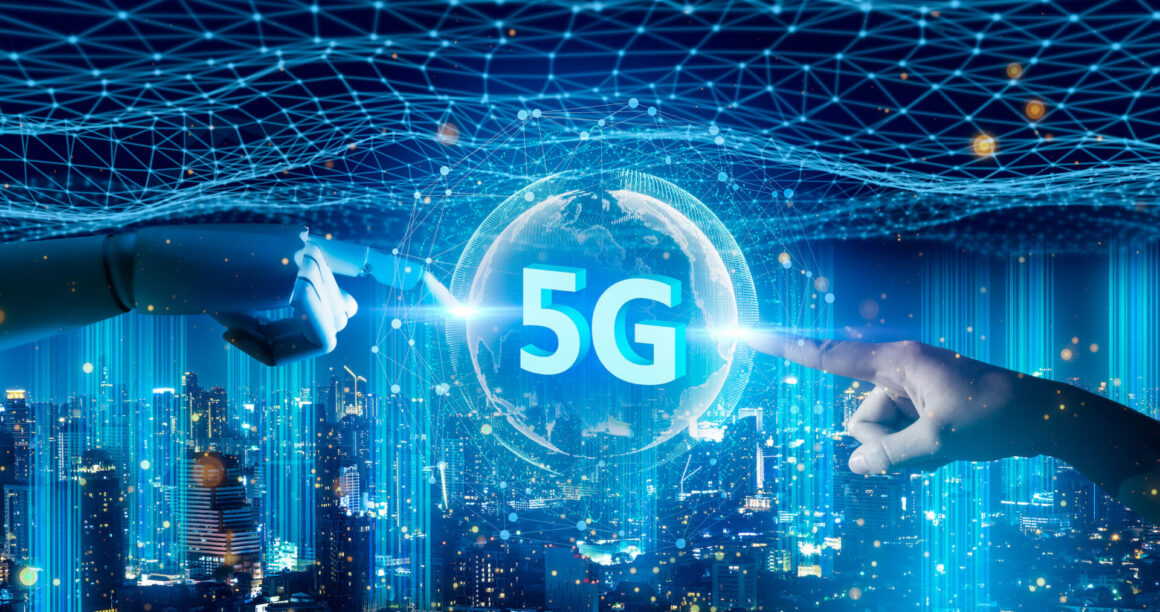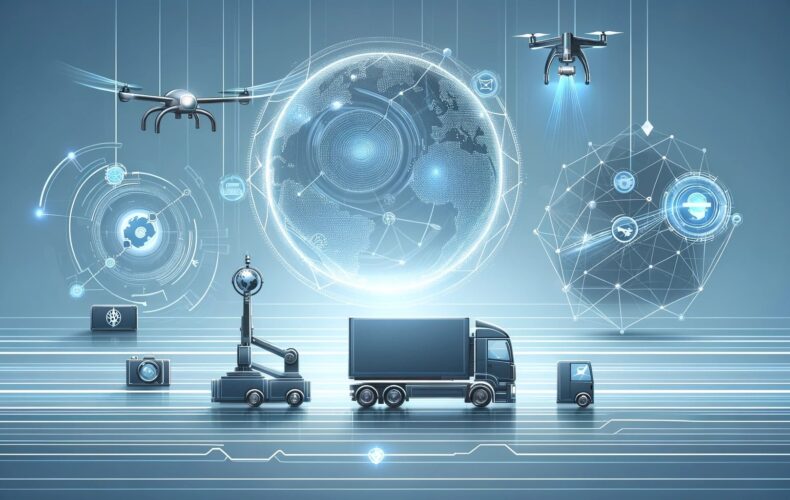The advent of 5G technology heralds a new era in the landscape of business operations, marking a pivotal shift in digital communication and data exchange paradigms. This cutting-edge wireless technology is poised to radically transform the operational dynamics of businesses, offering unrivaled data transmission speeds and enhanced connectivity. The implications of 5G for the business sector are manifold, extending beyond mere operational enhancements to encompass the genesis of novel opportunities, the refinement of efficiency, and the groundwork for groundbreaking business models.
Ultra-High-Speed Data Transmission
A cornerstone feature of 5G is its exceptional speed, projected to surpass 4G by magnitudes of up to 100 times. This phenomenal acceleration in connectivity will catalyze a quantum leap in business efficiency, drastically curtailing latency to virtually imperceptible levels. Such an advancement is pivotal for sectors that depend on instantaneous data processing and analysis. For instance, in the financial sector, this translates to accelerated transaction processing and real-time market analysis, providing firms with an unparalleled competitive advantage.
Revolutionizing Connectivity
The capacity of 5G to concurrently support an exponentially greater number of devices significantly bolsters connectivity within the business sphere. This enhanced connectivity is a cornerstone for the exponential growth of the Internet of Things (IoT), allowing for more effective data accumulation, analysis, and application. In manufacturing, for instance, the integration of IoT with 5G can lead to more efficient production processes, predictive maintenance, and advanced automation, thereby revolutionizing industry operations.
Pioneering New Business Frontiers
The rollout of 5G opens up a plethora of unprecedented business opportunities. This is particularly evident in the potential development of smart cities, where 5G can facilitate more sophisticated urban services and infrastructure management. Moreover, 5G is expected to be a catalyst for innovations in diverse fields such as telemedicine, remote education, and augmented reality, paving the way for new business markets and models.
Enhanced Remote Work Capabilities
As remote work becomes increasingly prevalent, 5G’s high-speed, low-latency characteristics are set to significantly improve remote working environments. This technology ensures smoother operation of video conferencing and collaborative tools, making remote work more effective and inclusive. Consequently, businesses might witness a shift from traditional operational models to more flexible, digital-first approaches.
Integration with Emerging Technologies
5G’s robust framework facilitates seamless integration with other emerging technologies such as Artificial Intelligence (AI) and Machine Learning (ML). This integration can lead to smarter, more efficient business operations. AI-driven analytics, powered by 5G, can provide businesses with deeper insights into customer behavior, market trends, and operational inefficiencies, enabling more informed decision-making.
Global Reach and Accessibility
Another significant aspect of 5G is its potential to enhance global connectivity, thereby expanding business reach. This technology can bridge geographical gaps, offering businesses in remote or underserved areas access to high-speed internet, thus democratizing digital opportunities. This global reach also implies that businesses can tap into new markets and customer bases, transcending traditional geographical limitations.
Sustainability and Environmental
Considerations 5G technology also brings sustainability into focus. With its ability to enable smart grids and energy-efficient operations, businesses can significantly reduce their carbon footprint. This aspect aligns with the growing global emphasis on sustainable business practices and corporate responsibility.
Challenges and Considerations
Despite the immense benefits, the adoption of 5G comes with its own set of challenges. The cost of infrastructure development and maintenance is a significant consideration for many businesses. Additionally, concerns around data security and privacy are amplified with the increased connectivity and data flow. Businesses must also be mindful of regulatory and compliance issues that may arise with the global deployment of 5G technology.
Conclusion
The advent of 5G technology is set to redefine the realm of business operations in a myriad of ways. Its unmatched speed, enhanced connectivity, potential for new business opportunities, and integration with other advanced technologies signify a major leap forward. However, businesses must approach the adoption of 5G with strategic planning, addressing the financial, security, and regulatory challenges that come with it. As the world transitions to this new technological era, businesses that effectively leverage 5G capabilities will find themselves at the forefront of innovation and growth.



